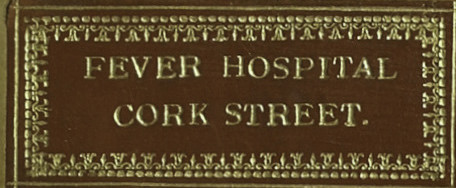Arthur Guinness Junior (1768-1855) was an extremely active member of numerous groups, religious, business and philanthropic. He served as a director of the Bank of Ireland from 1804 to 1847 and was Governor of the Bank from 1820 to 1822 when he oversaw the transition of the Irish currency to sterling. Another committee member, John La Touche was a director of the Bank; John Maquay is also listed as a bank director, in 1814. Guinness was also president of the Dublin Chamber of Commerce from 1827 to 1856, was a member of the Dublin Ballast Board, a director of the Corn Exchange Buildings and Governor of the Meath Hospital. He was involved with a number of charitable causes including the Farming Society of Ireland, the Society for Bettering the Conditions of the Poor of Ireland, the Society for improving the Conditions of Children Employed as Chimney Sweepers and the Meath Street Savings Bank. Religion played a significant role in his life.
‘This religious faith, drawn from the bible, and the Book of Common Prayer and from Bunyan refreshed by the Wesley’s and George Whitefield was the central fact of the second Arthur Guinness’s life. The bible, said the preacher at his funeral was his constant companion in his study, and I rarely entered it and met him there that the book was not open and invariably when alone he would conclude the interview by saying let us pray’ (Alan Acheson, A history of the Church of Ireland,1691-1996, (Dublin, 1997) p99)
Arthur Guinness retired from active board membership of Cork Street Fever Hospital in 1823. He remained involved in an honorary capacity and was sometimes referred to as a Governor of the hospital. He finally severed his links with the hospital in 1845.
In the 1808 list of subscribers his address is given as Meath Street.
He died 9th June 1855 and is buried in Mount Jerome Cemetery, Harolds Cross Dublin
